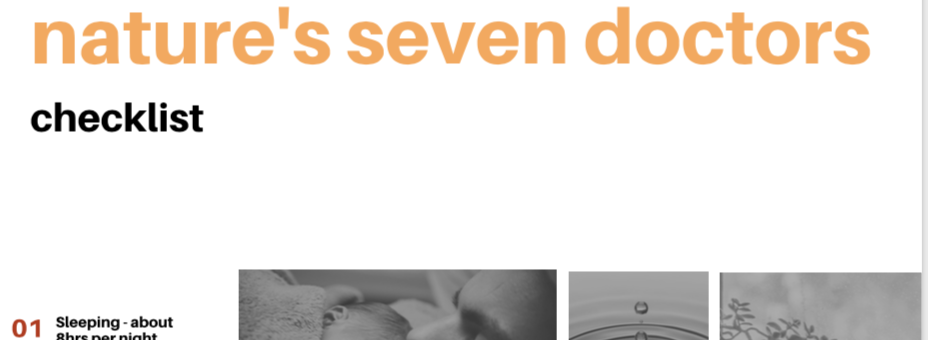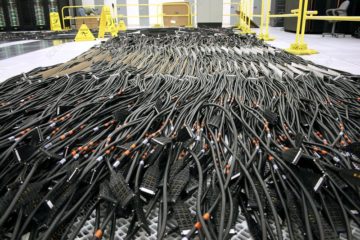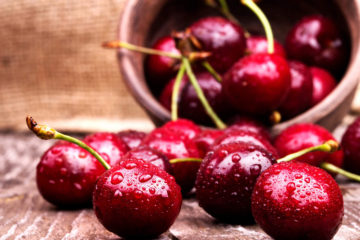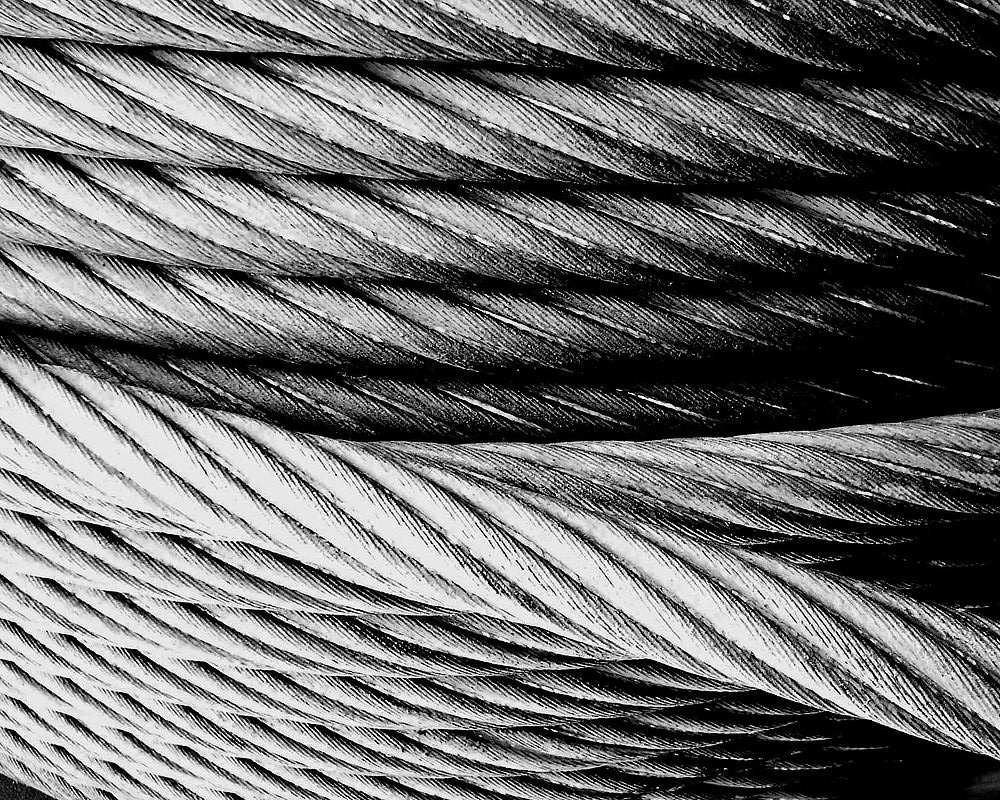It is estimated that we have about 5% more genetic material at the end of our lives than we did when we were born. This extra 5% comes from viruses that have embedded themselves into our genes that are not part of ‘us’. The question of whether changing our genes is possible, arises when we think of this – can we prevent viruses from lodging in our genes – or if they do, can we stop them from expressing themselves?
This is an immediate question while the largely unknown Corona virus pops out around the world. Protecting ourselves means not only a physical barrier, reducing exposure with hand washing and possibly masks, but also altering our own genes so that the virus fails to express, should we be exposed.
Your Changeable Genetic Destiny
A great many people believe that the illnesses they share with their parents or relatives are their lot in life. The idea of changing your genes seems an impossibility to them. Perhaps that has been you. The best you can hope for is slowing the disease process down a little and hoping for the best. The fact is though that our genes are only a suggestion for our lives.
It is our own lifestyle that determines whether those genes will “express” (play out) or not.
You can change your genetic blueprint.

While there is life, there is still time to attempt to alter genes that have coded for a particular disease. There are a few genetic mutations, namely, haemophilia, cystic fibrosis and sickle cell anaemia, that appear to be ‘set in stone’, unalterable by lifestyle, but these are few and far between. The rest are dictated by “epi-genes” which reside on the DNA along with the coding parts of the gene.
Because the Corona virus appears to-date to be fatal to people who are immunocompromised already and the elderly and weak, exactly the same as the various flu viruses that circulate every Winter, this tells us that, even if exposed, we can get our genes to switch it off – because that is why some exposed people are succumbing to it and others are not.
One gene for one disease?
Before the Human Genome Project was completed in 2003, it was thought that perhaps one gene coded for one disease. This would have made it relatively easy to splice out one gene and put in a healthy one once a disease was identified in a person. This did not turn out to be the case, however. We now know that one disease requires many genes, often several hundred, to code either off or on, all at once, to allow that disease to arise.
If a parent has a disease, there is reasonable probability that at least one of the children, will be born with their genes already coding for that disease. That means ALL those genes responsible are coding for it – we can’t just cut one gene out.

In the same way, a virus embedding into a gene requires multiple other genes in order for it to express itself (ie. show symptoms). It is not just a matter of ‘catching a virus’ and getting sick. Other factors must be in play in order for your to get sick.
Who is at risk of these diseases?
The elderly. Elderly people have usually (in the West at least) had years and decades of lifestyle habits that allow disease-promoting genes to switch on. As a result, along comes a new virus, and the stage is already set for it to express itself. All the supporting characters are already waiting in the wings.

The immune-compromised. People become immune compromised because of drugs taken to stop their immune system from functioning properly. This includes people using chemotherapy, which damages white blood cells (part of the immune system). It also includes those on immunosuppressant drugs such as Prednisolone, Humira and Methotrexate – as well as all the other autoimmune biologic drugs. Read the small print on whether the drugs you are taking are compromising your immune system. These are the people who need to be most vigilant in preventing exposure to viruses.
Infants. Babies have immature immune systems. They don’t produce new immune cells as fast as adults do. This is one very good reason why
the World Health Organisation recommends babies be breastfed almost fully for 1 year, and partially for at least 2 years.
While being breastfed, the mother produces specific immune cells for her baby, should he or she become ill. Her body receives a message from the baby’s saliva and her body goes to work, changing the immune factors in her milk accordingly. <This article> show how breastmilk protects infants from disease in this way. Bottle fed babies do not have this advantage, and with their immature immune systems, need more vigilance when viruses are at large.
Changing our genes with lifestyle
Our lifestyles are highly effective for changing our genes. We do this all the time with how we live. It is the main reason one person gets a disease and another does not – despite both being exposed. It is done by working with nature’s doctors – the unalterable natural laws of the universe that relate to human health.

When we obey these laws of nature, chemical changes occur in our bodies, resulting in groups of specially arranged carbon and hydrogen atoms called ‘methyl groups’ to attach to parts of our DNA strands – and switch disease-causing genes OFF and disease-protective genes ON. This is how we can say our bodies are, in fact, self-healing. Because, with our own choices, we can indeed change our genes.
Nature’s Seven Doctors
- Sleeping – about 8 hours per night – in the darkness. Lining up with the circadian (night/day) rhythm of the earth is vital.
- Moving regularly – a sedentary lifestyle characterised by sitting affects a lot more than just weight.
- Being at peace – this involves managing stress effectively, as well as getting along with others. Forgiveness, not holding onto bitterness and being at peace are important to being fully human. Make regular time for spiritual pursuits. <Find out how faith affects health here.>
- Eating clean, uncontaminated and unprocessed foods most of the time.
- Breathing clean air. The effect of living in a polluted environment, polluted from industry or smoking, is immeasurable.
- Getting out into the sunshine regularly, and getting sun on your skin. People get sicker in Winter due to lack of sunshine as well as staying inside in stuffy environments (lack of fresh air).
- Clean water. We might take this for granted in the West, but most of the world doesn’t.
An Eighth Doctor
An eighth doctor which has only come to light in research in the last ten years or so is that of CONNECTION. Real connections with people – where we can be ourselves and feel supported and offer support – have a dramatic impact on our health. They upregulate our parasympathetic nervous system in a positive way, protect the gut microbiome from damage and make us feel good. Friendship is worth making time for. Read more about this ‘doctor’ <here>.
How Healing Happens
It is always surprising as a nutritionist, to watch over time as a person heals. As a person’s lifestyle begins to line up more closely with nature’s laws, atoms inside them are also aligning with the correct DNA proteins. And suddenly – noticeable changes start happening at a startlingly rapid rate.
Our bodies produce 25 million new cells every second – so as healthy cells begin replacing unhealthy cells and unhealthy cells are “switched off” and dissolved by the body, organs start to function better. Healing is happening.
A person can change their genetic destiny – and that of their children and grandchildren. Changing our genes is indeed within our control.
Get a free fridge poster of these 7 natural laws

Your whole family can work on incorporating these seven pillars of health into their lives. This is how we switch on the genes which will protect us from ill health and switch off those genes predisposing us to it.



0 Comments